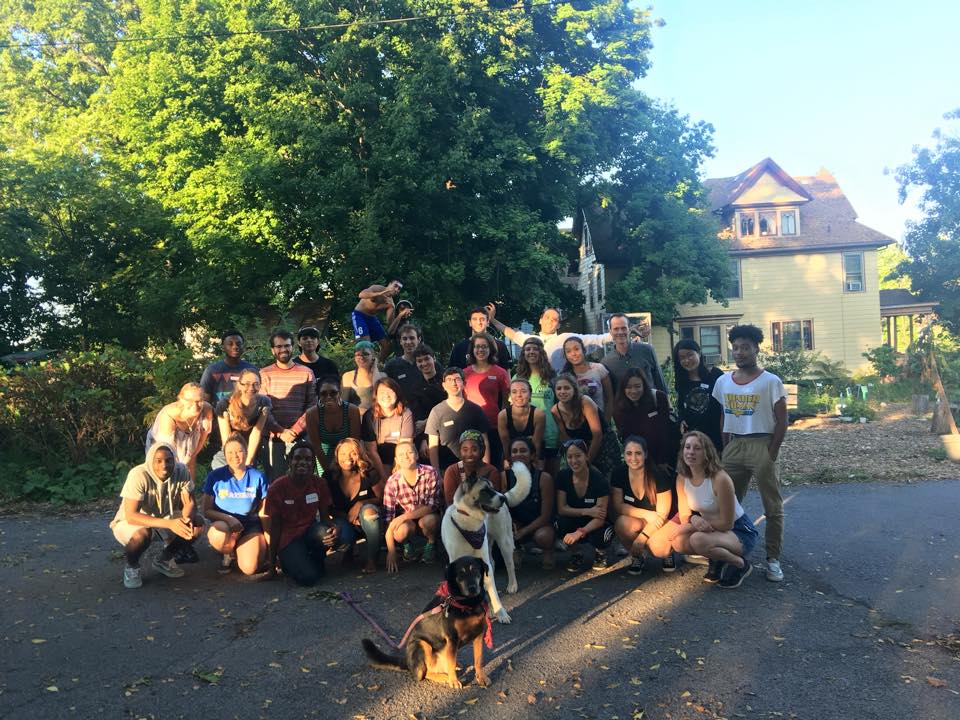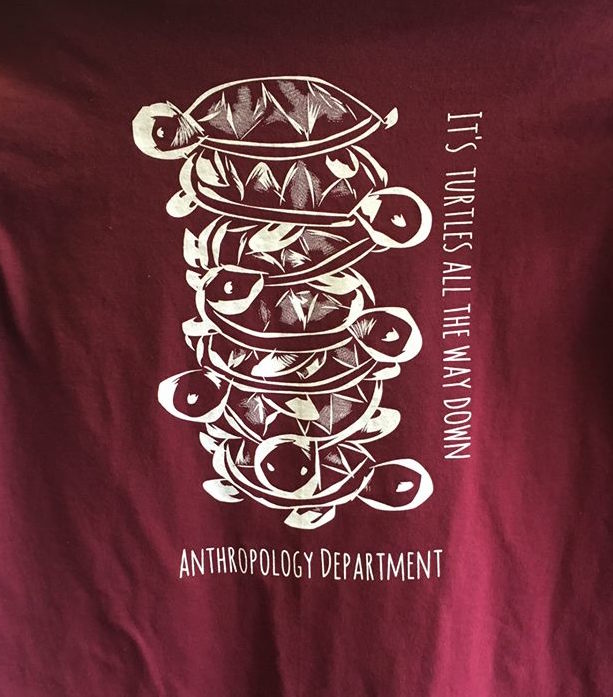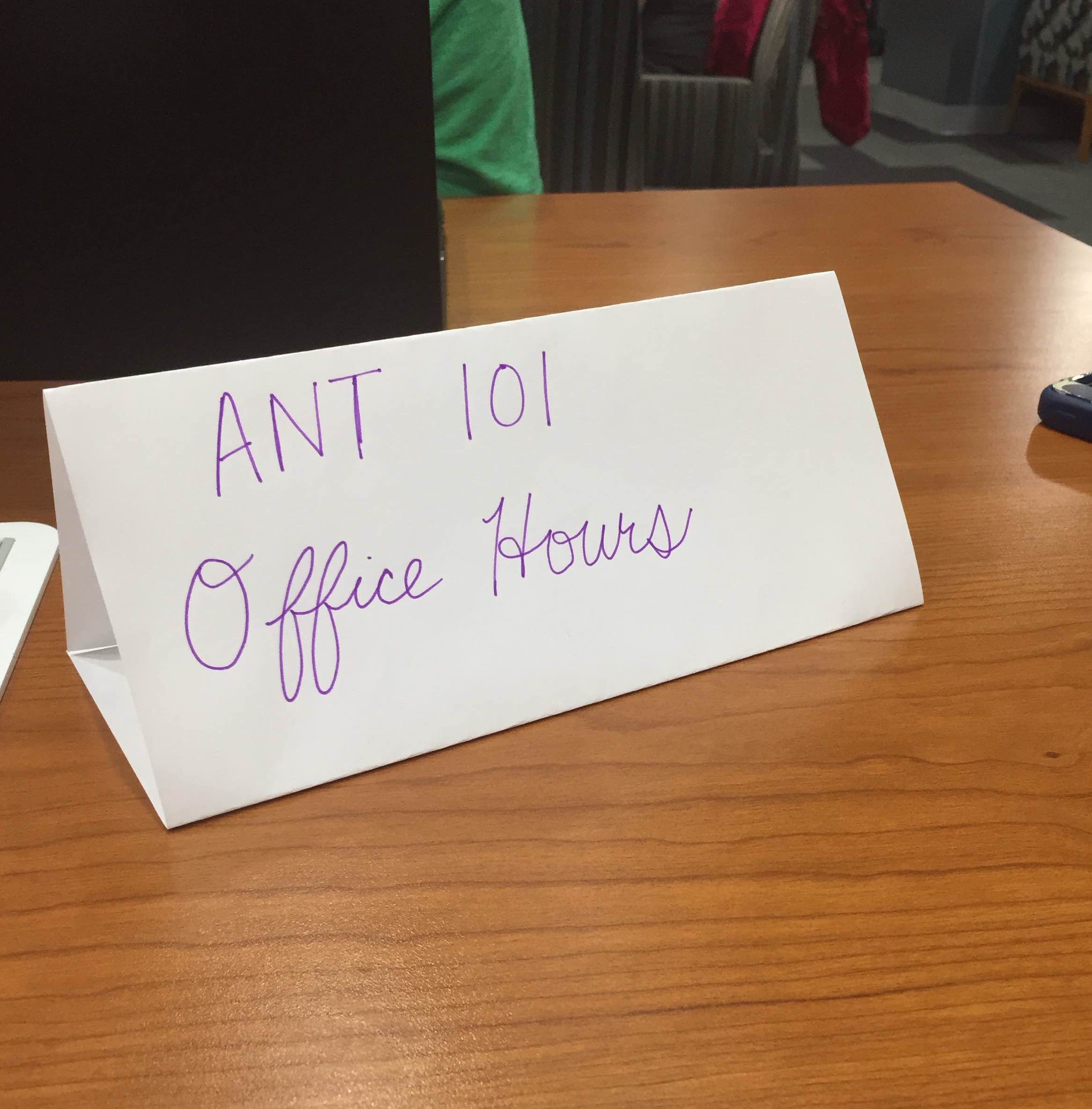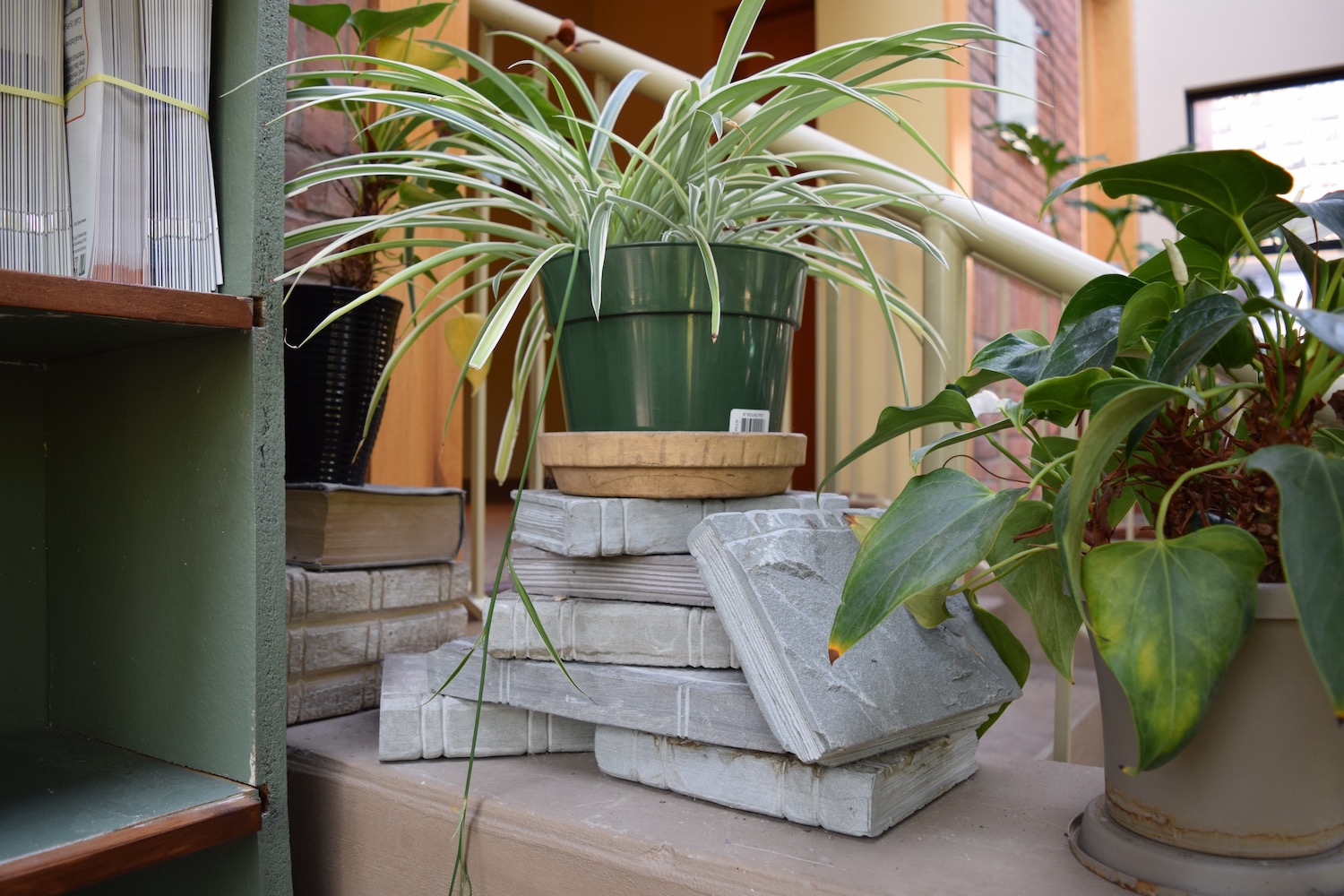Experiential Learning at Rochester
Aside from my semester abroad, the current term has proven to be the most unconventional of my college career. Of my four classes, only one is what I would consider a typical course (Social Cognition, a brain and cognitive sciences class I’m taking to finish out my natural science cluster). The other three are a sampling of the wide variety of experiential learning options Rochester has to offer.
Interning off campus
This semester, I’ve been lucky enough to secure an off-campus internship for credit toward my English major. Like many departments on campus, Rochester’s English department encourages their students to incorporate real-world experience into their education. English majors can choose from a wide variety of local organizations doing work in literature, publishing, radio, television, public relations, and more. In order to receive credit, students must work 10–15 hours a week at their respective company and submit a portfolio of their work along with a 12- to 15-page essay about their experience at the end of the semester.
I’m carrying out my internship at Writers & Books (W&B), a literary center in Rochester’s Neighborhood of the Arts. This is my second time interning at W&B as I worked in their development department two summers ago as an Urban Fellow (a non-credit-bearing summer program run by the Rochester Center for Community Leadership in conjunction with AmeriCorps VISTA). But after I concluded my 10 weeks as an Urban Fellow, I felt there was still a lot I could learn from W&B and was incredibly excited to re-join their team this fall.
This time around, I’m focusing primarily on community outreach. I’m using my background in anthropology and community work to help W&B figure out ways to serve a more diverse population and bring their programming to a wider variety of Rochesterians. So far, I’ve found my work to be extremely rewarding and I’m really excited for where things might go in the next few months.
Community-engaged learning
In recent years, Rochester has really increased its focus on community-engaged learning. The class that I’m taking this semester, “Urban Agriculture, Food Justice, & Social Practice,” is one such example of the many newer courses that are being taught in collaboration with the local community. In the case of my course, our class is partnering with Seedfolk City Farm at the M.K. Gandhi Institute for Nonviolence to develop gardening skills, participate in knowledge exchange with local youth, and gain a deeper understanding of food justice issues in the neighborhood that our campus boarders.
Seedfolk believes in the power of healthy, localized food systems and trains youth to serve as leaders within the organization and their own neighborhoods. They provide skills-based employment and apprenticeship programs that focus on the food system at all levels: production, processing, distribution, consumption, and waste reduction. Every Monday afternoon, our class joins a team of Seedfolk youth who use their training to teach us skills like composting, planting, and vermiculture at the farm. Then on Wednesdays, our class takes a closer look at the context of food justice in the classroom, discussing the history, literature, and art surrounding food insecurity. By the end of the semester, we hope to create a number of collaborative projects reflecting what we’ve studied and the experiences we’ve shared as a joint community.
Since this is the first time this class has been offered, it’s still a bit of a work in progress. But while things might still be a bit in the “experimental” stage, I feel extremely fortunate to have the opportunity to be part of such an interesting and unique project.


Assistant teaching
Being a teaching assistant (TA) for a course is something that students in the natural sciences can start doing as early as their sophomore year. But for students like me in the social sciences and humanities, TAing positions are a bit harder to come by. Thankfully, all anthropology majors have the option to apply to be an Anthropology 101 TA. Anthro 101 remains one of the most influential courses I’ve ever taken and was really what convinced me that anthropology was the field for me, so having the chance to help teach this semester’s course has really been a treat.
As a TA, I do the readings and attend all the classes, grade students’ response papers, hold weekly office hours, and lead recitation with my partner TA every Friday. This position has given me the chance to see the other side of college classes as I “complete the life cycle” of an anthro major—imparting my wisdom onto the next generation. Additionally, it’s allowed me to reconnect with the basic tenets of anthropology that made me fall in love with it in the first place.


Having the chance to learn from experience and really use the skills that I’ve been honing over the past three years has definitely made the beginning of my senior year both exciting and fulfilling.


